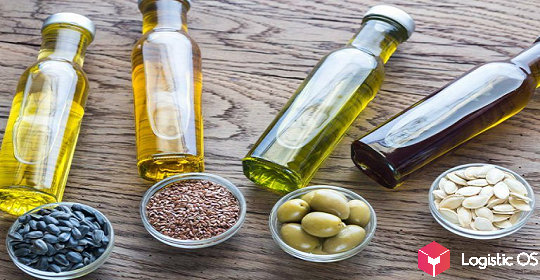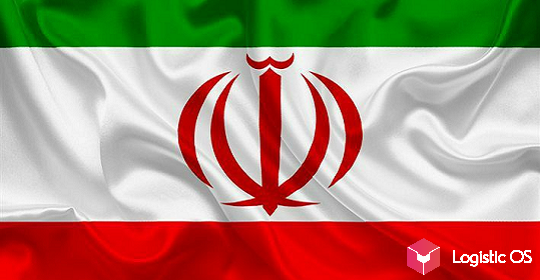Currently, Russia is undergoing an experiment on labeling vegetable oils and animal feed, but the initiative could be launched in full this year.
It is noted that the experiment runs from December 25, 2023 to August 31, 2024.
And from October 1, labeling of vegetable oils in Russia may become mandatory.
Accordingly, September is set aside for all companies affected by this innovation to join the system.
We are talking about both producers of vegetable oils (sunflower, soybean, rapeseed, olive, peanut and others), as well as importers and retailers.
The Ministry of Industry and Trade took the initiative to launch the labeling this year. From October it will become mandatory for butter in glass and plastic packaging, and from February next year — in all other types of packaging.
It is planned to do the same with animal feed.
From October, labeling of dry food and treats will become mandatory, and from next February — all others.
Why is this innovation needed?
The idea is to make the Russian market for these goods as “white” as possible and effectively collect taxes.
However, as OleoScope analyst Kirill Lozovoy notes, there is no particular need for this, because the whitewashing of the vegetable oils market happened a long time ago. It is entirely represented by domestic manufacturers, with only 12 companies occupying 75% of the market.
As for control, there are already working systems here too.
For example, the VAT refund control system has been in operation since 2013, and there is also the Federal State Information System “Grain”.
Both of them perform functions that largely overlap with those that the new system will have.
As a result, the question arises about the feasibility of its implementation. Moreover, the costs promise to be very noticeable.
According to Lozovoy, about 1.8 billion rubles will be required for the launch alone, and then 1 billion a year to maintain the work. All these costs will have to be borne by manufacturers and retailers, which will almost inevitably result in increased retail prices for end consumers.
As for the animal feed market, the situation here is different, experts say.
Whitewashing is indeed required. This will help not only to collect more taxes, but also to avoid dubious low-quality products being sold.
However, the oil labeling system also has a plus: when it starts working, it will no longer be possible to check out products at the checkout that have expired, which will make the purchased products safer.

